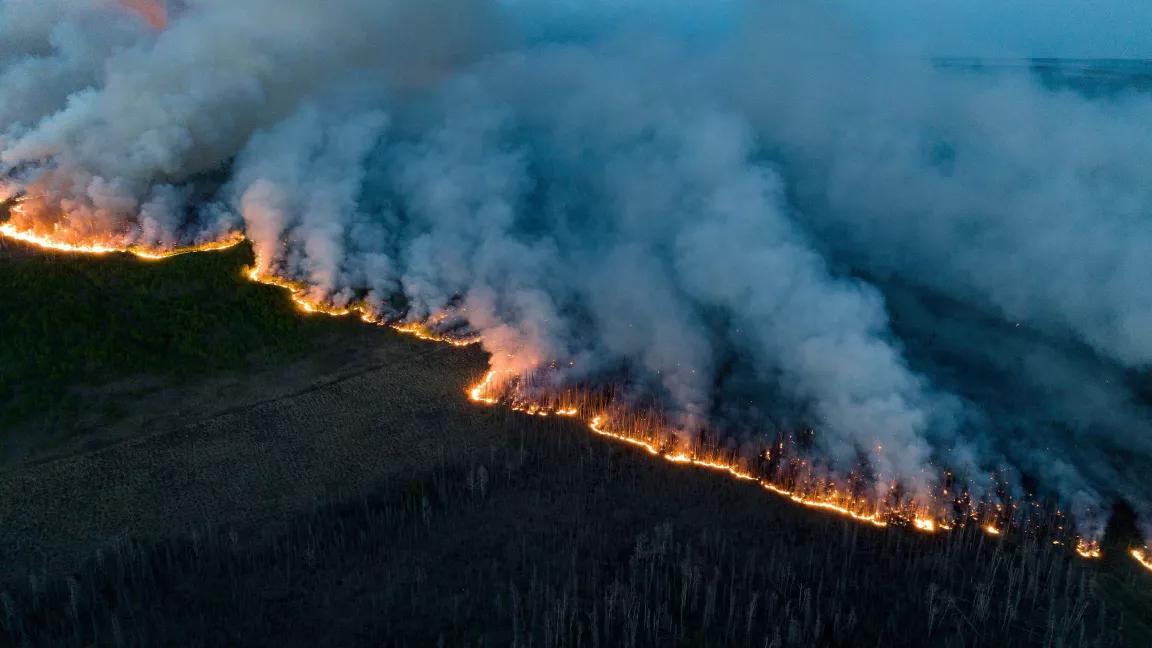LA Wildfires And The Gambling Industry: A Concerning Connection

Table of Contents
Increased Development and Wildfire Risk
The expansion of casinos and associated businesses in Los Angeles contributes significantly to urban sprawl, pushing development further into wildland-urban interface areas. This encroachment on natural fire breaks increases the risk of catastrophic wildfires.
Gambling expansion and urban sprawl:
- Increased Building Density: Recent developments near the Santa Monica Mountains, a known high-fire-risk area, show a significant increase in building density around new casino complexes and related entertainment venues. Data from the LA County Fire Department indicates a 30% increase in structures within the high-risk zone in the last five years, largely attributable to gambling-related construction.
- Inadequate Fire Safety Regulations: Concerns have been raised about the adequacy of fire safety regulations in these newly developed gambling areas. Building codes, particularly regarding defensible space around structures, appear to be insufficient in many instances.
- Examples of Specific Developments: The proposed expansion of the "Lucky Seven" casino complex near Topanga Canyon, and the recent construction of the "Desert Rose" resort close to Griffith Park, are prime examples of developments encroaching on fire-prone areas.
Deforestation and habitat loss:
The construction of gambling facilities and related infrastructure inevitably leads to deforestation and habitat loss. This disruption of natural ecosystems removes vital fire breaks and increases the spread of wildfires.
- Habitat Destruction: The construction of the "Golden Nugget" casino resort resulted in the destruction of over 100 acres of chaparral habitat, a crucial fire-resistant ecosystem.
- Impact on Fire Risk: Studies show a direct correlation between deforestation and increased wildfire risk. Loss of vegetation reduces natural barriers to fire spread and increases the intensity of flames.
- Lack of Reforestation Efforts: Insufficient reforestation efforts following construction of gambling facilities further exacerbate the issue, leaving vulnerable landscapes exposed to the dangers of wildfires.
Economic Incentives and Fire Prevention Neglect
The intense focus on maximizing profits within the gambling industry can lead to a dangerous neglect of fire prevention measures, both proactive and reactive.
Prioritization of profits over prevention:
- Insufficient Funding: Many areas with significant gambling activity show a clear disparity in fire prevention budgets compared to other regions. Data suggests that funding for brush clearance, early detection systems, and firefighter training is often significantly lower near large casinos.
- Lobbying Efforts: There are concerns that lobbying efforts by the gambling industry might influence fire safety regulations, leading to weaker standards that prioritize profit over safety.
- Examples of Insufficient Funding: Analysis of municipal budgets reveals a considerable gap in fire prevention funding in areas surrounding major casinos, compared to similarly sized areas without such establishments.
Impact on emergency response resources:
The concentration of resources on meeting the needs of the gambling industry can strain emergency services, hindering their ability to effectively respond to wildfires.
- Strain on Emergency Services: Large-scale gambling events often place significant strain on police, fire, and ambulance services, diverting resources away from other crucial areas, including wildfire preparedness and response.
- Response Time Delays: Data suggests that response times to wildfires are significantly longer in areas with high gambling density, due to stretched resources and increased call volumes from other incidents related to the industry.
- Diversion of Funds: Funding intended for fire prevention might be diverted to support other aspects of the gambling industry or its infrastructure, further impacting emergency response capacity.
The Role of Climate Change and Gambling's Carbon Footprint
The gambling industry contributes significantly to climate change, exacerbating the severity and frequency of wildfires in LA.
Gambling's environmental impact:
- High Energy Consumption: Casinos are notoriously energy-intensive, consuming vast amounts of electricity to power lighting, gaming machines, and climate control systems.
- Carbon Emissions from Tourism: The significant tourism associated with gambling contributes substantially to carbon emissions, from air travel and ground transportation to energy consumption within the facilities themselves.
- Sustainable Practices: While some initiatives towards sustainability exist within the gambling industry, their scale and impact are insufficient to offset the overall environmental footprint.
Exacerbation of climate change effects:
Climate change, driven by greenhouse gas emissions, is a major contributor to increased wildfire risk. The gambling industry's carbon footprint exacerbates this risk.
- Increased Wildfire Severity: Climate change leads to drier conditions, longer fire seasons, and more intense wildfires, all of which are directly amplified by the industry’s contribution to greenhouse gas emissions.
- Synergistic Effect: The combined effect of climate change and urban sprawl driven by gambling expansion creates a dangerous synergy that dramatically increases wildfire risk in Los Angeles.
- International Efforts: International efforts to mitigate climate change, such as the Paris Agreement, highlight the urgency to reduce emissions across all sectors, including the gambling industry.
Conclusion
The potential links between gambling industry expansion, increased development, economic incentives, and the worsening wildfire situation in LA are undeniable. The prioritization of profit over proactive fire prevention, combined with the industry's contribution to climate change, creates a dangerous cycle. Understanding the concerning connection between LA wildfires and the gambling industry is crucial. Demand accountability from both the industry and governing bodies to mitigate wildfire risk and prioritize environmental protection. Learn more about responsible development in fire-prone areas and advocate for change. Let's work together to address the complex issue of LA Wildfires and the Gambling Industry's impact.

Featured Posts
-
 Florida State University Shooting A Victims Family History
May 19, 2025
Florida State University Shooting A Victims Family History
May 19, 2025 -
 Unc Tar Heels Sports Roundup March 10 16 Highlights
May 19, 2025
Unc Tar Heels Sports Roundup March 10 16 Highlights
May 19, 2025 -
 Michael Morales A Deep Dive Into The Undefeated Ufc Fighters Career
May 19, 2025
Michael Morales A Deep Dive Into The Undefeated Ufc Fighters Career
May 19, 2025 -
 El Rol De Cohep En La Observacion Del Proceso Electoral Ano
May 19, 2025
El Rol De Cohep En La Observacion Del Proceso Electoral Ano
May 19, 2025 -
 Huskies Of Honor Celebrating Paige Bueckers Legacy
May 19, 2025
Huskies Of Honor Celebrating Paige Bueckers Legacy
May 19, 2025
